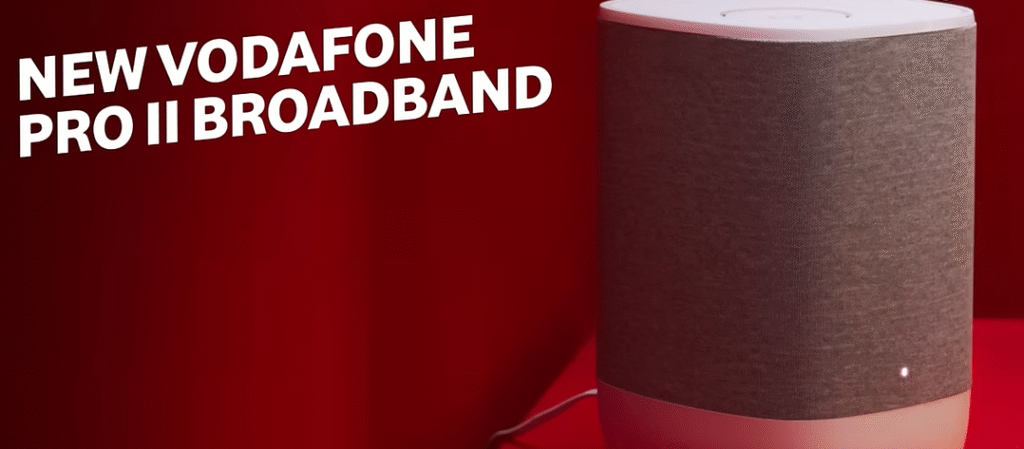Vodafone has a very complex financial picture. Its €128 billion in assets highlight its extensive infrastructure, but its $28 billion market capitalization shows a sharp discrepancy between perceived and actual value. This disparity demonstrates how attitudes, debt levels, and pressure from competitors can drastically alter a company’s reputation almost instantly. Despite suffering significant losses in 2025, analysts have noted that Vodafone is still one of the most structurally significant telecom companies, and its tenacity is still incredibly effective at holding investors’ attention.
The story of its decline from its peak valuation of $239 billion in the early 2000s to its current leaner $28 billion is remarkably similar to that of energy giants that have been forced to reinvent themselves in the age of renewable energy. The seemingly unstoppable powerhouse has had to contend with price competition, regulatory obstacles, and the high cost of maintaining state-of-the-art infrastructure. However, Vodafone has also significantly enhanced its capacity to change course, especially with its expansion of 5G services and broadband investments throughout Europe.
Although 2025 revenue of €37 billion may appear impressive, operational difficulties are revealed by the reported net loss of €3.74 billion. Nevertheless, the company’s net assets of €49.77 billion indicate a remarkably strong base. Major telecom companies frequently experience ups and downs, as demonstrated by competitors like Telefónica and Orange, whose asset bases are much smaller but thought to be more stable.
Table: Vodafone – Key Financial and Corporate Data (2025)
| Category | Details |
|---|---|
| Company Name | Vodafone Group PLC |
| Headquarters | London, United Kingdom |
| Founded | 1984 |
| Industry | Telecommunications, Broadband, Digital Services |
| CEO | Margherita Della Valle (2025) |
| Revenue (2025) | €37.44 billion |
| Net Income (2025) | -€3.74 billion (reported loss) |
| Net Assets (2025) | €49.77 billion |
| Market Capitalization | $28.46 billion (as of September 2025) |
| Total Assets | €128.52 billion |
| Competitors | Telefónica (€20.98B net assets), Orange (€32.63B net assets) |
| Services | Mobile Telephony, Broadband, IoT, Digital Finance |
| Subsidiaries | Vodafone Idea (India), Vodafone Germany, Vodafone UK |
| Reference | Vodafone Annual Reports |

Vodafone’s infrastructure was put to the test repeatedly during the pandemic, when millions of people switched to working remotely. The company’s quick action to strengthen networks and increase broadband capacity was very effective, cutting down on downtime for both homes and businesses. This flexibility not only maintained customer confidence but also gave the impression that Vodafone was more than just a business supplier; rather, it was a daily partner in continuity, ensuring that healthcare, education, and business all ran smoothly.
Vodafone is unique because it combines innovation and legacy. The business has consistently linked financial strength to cultural impact, from supporting Ferrari’s Formula 1 team to being the leading mobile payment platform in Africa, such as M-Pesa. Particularly M-Pesa has been incredibly successful in changing financial inclusion, demonstrating that Vodafone’s worth is determined by both societal advancement and market capitalization.
Vodafone has made a particularly creative push into fiber broadband in Europe through alliances with Openreach and CityFibre. With speeds reaching 2.2 Gbps, Vodafone’s products are surprisingly cost-effective when compared to competitors, guaranteeing client loyalty by striking a balance between dependability and cost. It is a type of infrastructure democratization that goes beyond telecom and is especially helpful for rural households that have been left behind for a long time.
Regarding Vodafone’s future, investors are still divided. On the one hand, there are significant structural issues reflected in the declining market value and net income. However, its extensive asset base, strong brand equity, and future broadband-5G integration point to the possibility of a recovery. The conflict between these two narratives keeps analysts’ attention on Vodafone’s stock as they discuss whether the company will follow in the footsteps of AT&T and Verizon or create a unique turnaround of its own.
Vodafone’s net worth represents more than just shareholder value to the general public. Its connectivity investments enable education, bridge digital divides, and provide safe access to healthcare in rural areas. The infrastructure of the business turns into a very dependable lifeline in times of crisis, whether they are local or worldwide. Because of this, governments frequently include Vodafone as a partner in their national digital strategies.

